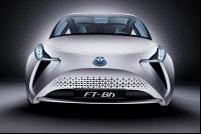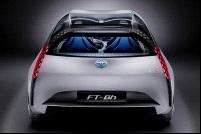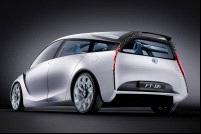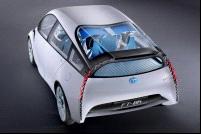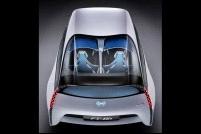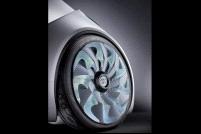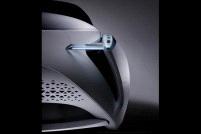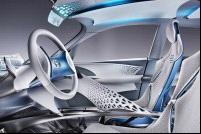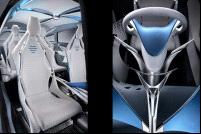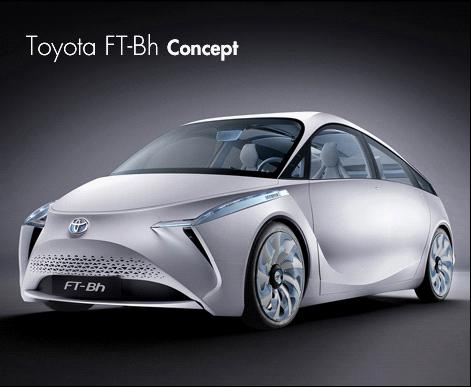
Toyota is undoubtedly the biggest car-maker in the world, and there is a reason for this leadership: innovation. The Japanese colossus always tried to combine technology with affordability and always got it right. The first milestone on this path was the Prius: they made an incredibly weird-looking car become the first and bestselling mass-produced hybrid vehicle. At Geneva 2012, Toyota showed off its new creation: the FT-Bh Concept. The car, if ever produced, would revolutionize the market. This time they didn’t invent anything: Toyota just took the simple idea of the Yaris city car and improved it, making it unbelievably efficient in terms of emissions and performances.
The most fascinating side of this new concept is the way Toyota mixed the design with the weight saving and emission reduction. We thought LED headlamps and matte paint were just cool and pricey optionals, but with the FT-Bh we now know they can be more. The LED technology reduces the power consumption by half and the matte paint is used for its heat insulation characteristics. Key panels, such as the roof, are formed to represent the way fabric can be stretched taut between fastening points to reflect their ultra-light weight. Toyota used a combination of high-tensile steel, aluminum and magnesium that trimmed the mass: it means there is less load applied on the body structure and suspensions, allowing components to be downsized. The car’s light weight makes it agile and responsive to throttle and brakes. The 1.0 liter petrol engine of the FT-Bh takes down CO2 emissions to an impressive 134.5 mpg and 49 g/km, a new benchmark for full hybrid vehicle.
Longer than a Yaris, but 25 percent lighter, highly aerodynamic, with impressive results in terms of emissions and consumption orlistat in us savings: the FT-Bh is going to be the new Prius and perhaps even more.
